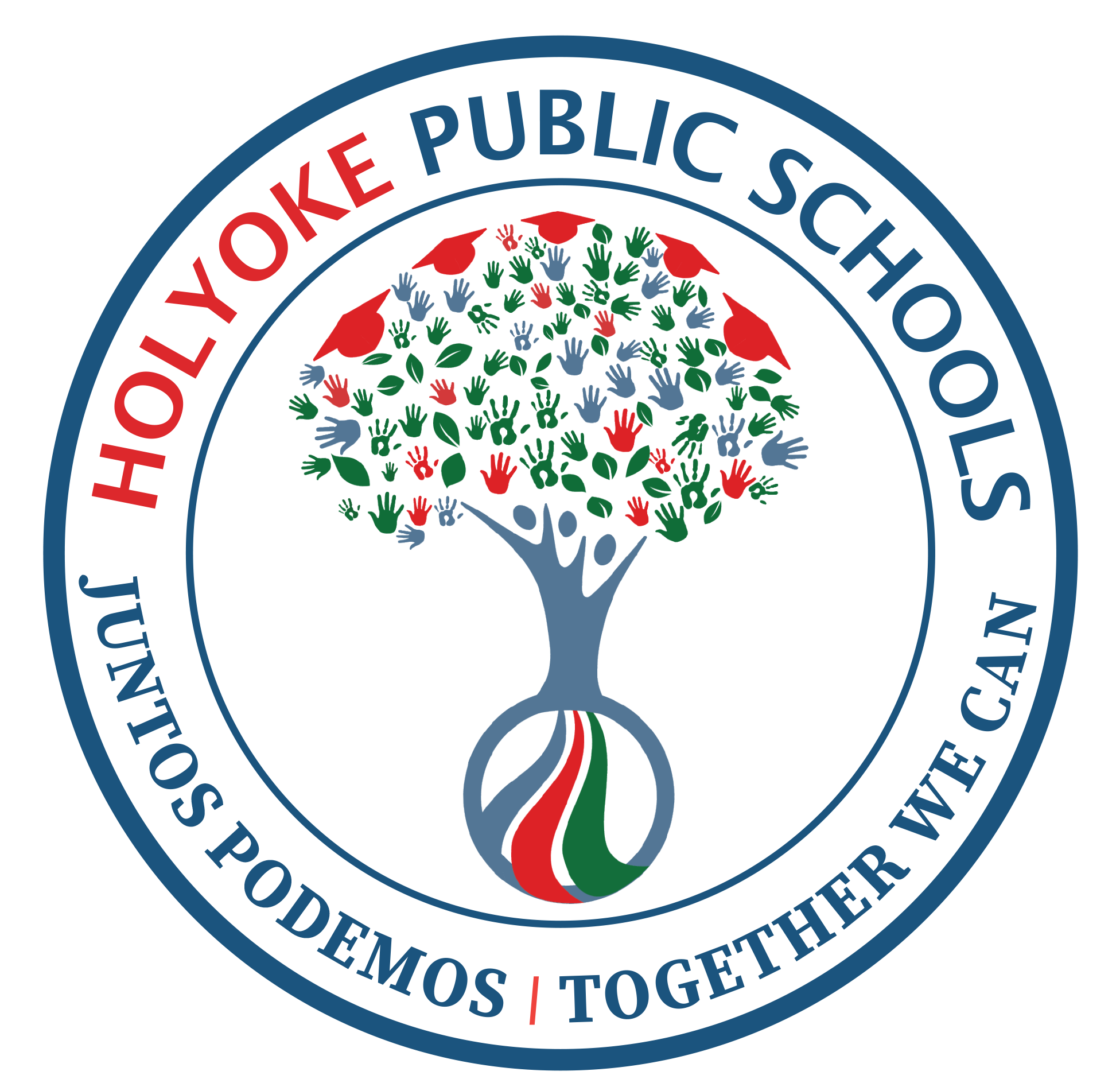Second grade student Evan Santiago is a testament to the power of inclusion. He has been a student at Donahue Elementary since preschool, beginning in the Applied Behavioral Learning (ABL) program, which provides services to students with autism and related neurodiverse disabilities. He has since progressed from a substantially separate classroom to almost full inclusion in Brittany Makowski’s second grade class.
Ms. Makowski and Donahue’s inclusion coach Wendy Williams both are proud of Evan’s progress. When he started at Donahue, Evan didn’t talk, used an augmentative alternative device to help him communicate with his teachers and peers, and expressed limited interest in his peers. He is now at grade level in math and English language arts. Ms. Makowski explained that Evan entered second grade not able to “add within 10”—which meant he could not add numbers that fall between 0 and 10. Today, he can add to 1,000 with regrouping. Evan entered second grade as a non-reader and now is reading at grade level. Being in a language-rich classroom and exposed to peer role models, Ms. Makowski said that “Evan’s language exploded.”
Equally importantly, she said, is “he is happy and loves coming to school.” Evan has friends in his classroom, plays tag at recess, and was recently recognized as a “Student of the Month” at Donahue.
“Evan—in the most positive way—defies labels,” said Donahue Principal Marc Swygert. “I think about students who are young elementary students who are trying to figure out how they are going to best understand the world around them. Sometimes, putting a label on them is an adult thing. Evan has stepped up, been thoughtful, and owns his own learning. He is reflective and persists through challenges. That’s really powerful about him and his trajectory. It comes packaged in a great upbeat, positive personality.”
The type of progress Evan has made isn’t miraculous. The Donahue staff has witnessed many students approaching, meeting, and even surpassing grade level standards after receiving the supports they need. Donahue’s whole-school focus on inclusion and meeting the needs of each and every student is what makes stories like Evan’s possible.
Donahue has been on a multiyear journey to become an inclusive school. Some success factors include:
A staff mindset that believes that serving students in the least restrictive setting is best for the child and that regardless of label, it is everyone’s responsibility to meet the needs of every child.
A continuum of services in one school to meet the needs of students with autism, ranging from substantially separate programming to full-day inclusion.
Whole staff training and collaboration around inclusionary practices.
Additional expert staff, such as an inclusion coach and behavioral analysts, who are specifically trained to meet the needs of students on the spectrum.
Increased collaboration time between general education and special education teachers.
Learn more about Holyoke’s Autism Services, where the goal for all students is to increase independence and socially significant inclusive experiences.
Learn more about Donahue School, where we put students first by creating an inclusive learning community.
All students benefit from inclusive classrooms
Inclusion is one of five priorities in Holyoke Public Schools’ strategic plan.
What is inclusion? Inclusion is providing differentiated, in-classroom supports so that students with diverse learning needs thrive.
Why is inclusion important? All students benefit from learning in an inclusive setting where their strengths are maximized, they are appropriately challenged, and they receive the targeted support they need to succeed. Research shows that students who are English learners and students with disabilities especially benefit when they engage in learning with their peers in the general education setting, while still receiving the explicit instruction they need to thrive.

